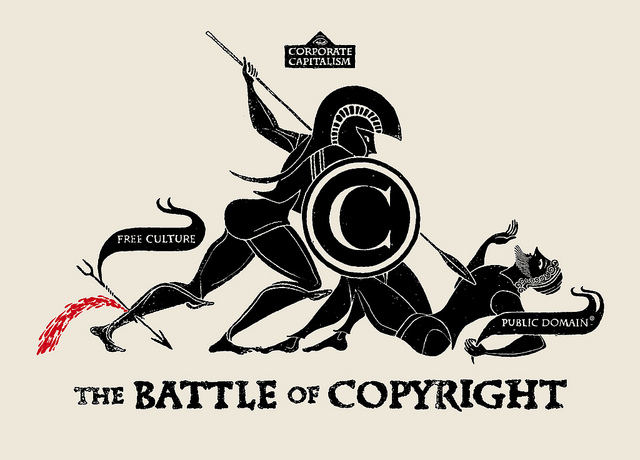
Illustration by Christopher Dombres.
I want to quote some passages from an astute but idealistic essay that security developer Matthew Garrett wrote in 2014 about libre software. (If you’re not familiar with that term, go read this long explanation on GNU’s website. Then dive into Richard Stallman’s bonkers absolutist computer habits.) Garrett’s blog post is called “My free software will respect users or it will be bullshit”. He proposes that…
“the freedoms guaranteed by free software are largely academic unless you fall into one of two categories — someone who is sufficiently skilled in the arts of software development to examine and modify software to meet their own needs, or someone who is sufficiently privileged [read: has enough money or social capital] to be able to encourage developers to modify the software to meet their needs.”
He goes on to say:
“Concentrating on philosophical freedoms without considering whether these freedoms provide meaningful benefits to most users risks these freedoms being perceived as abstract ideals, divorced from the real world — nice to have, but fundamentally not important.”
My reaction to this was basically, “Well, yeah. That’s not a risk; that’s a reality. Zero normal people care about libre sofware.” Unless you want to study, change, or redistribute the source code, why even think about the license? The closest you’re going to get to a regular ol’ person who cares about libre software is someone like me, a tech commentator with an inferiority complex because she doesn’t know how to code. And I’m lukewarm on it. Sure, I’m glad that libre software exists, but I don’t think the movement’s priorities are moral imperatives.
By nature, libre software is a niche concern. The majority is never going to care. People vote with their eyeballs and their wallets, and by those measures they’ve overwhelmingly elected proprietary products like Facebook and Apple’s sprawling empire. That’s fine! An influential minority of hackers and their ilk will continue to love and make libre software. We’ll be okay.



